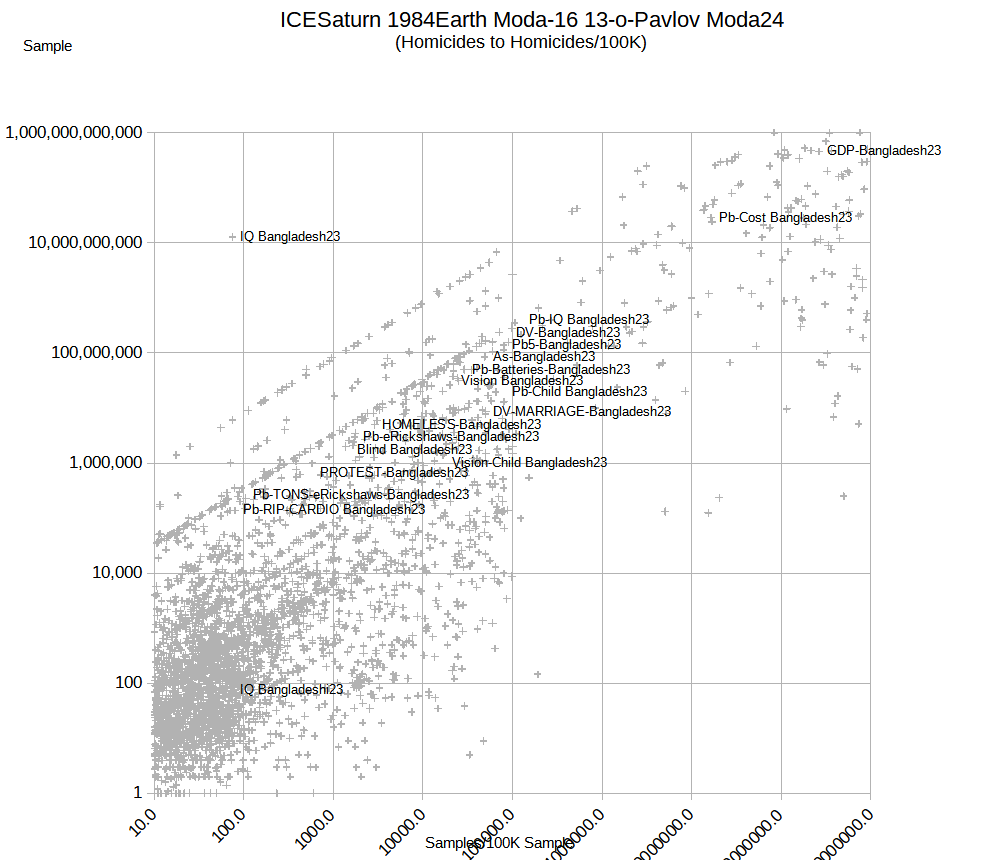
Dr Mahfuzar Rahman & Dr Nusrat Khan
15 December, 2024, 04:50 pm
Last modified: 15 December, 2024, 05:06 pm
While a completely plastic-free future may be neither realistic nor desirable, the country must prioritise reducing plastic consumption and eliminating pollution through a commitment to Zero Plastic, Zero Noise Pollution and Zero Lead
Bangladesh's Chief Advisor champions transformative yet straightforward ideas to tackle global challenges. The "Three Zeros" framework is central to this vision, which urges individuals and institutions to adopt policies tailored to specific priorities aimed at achieving zero poverty, zero unemployment and zero carbon emissions.
In Bangladesh, we can shift the focus to environmental sustainability with a commitment to Zero Plastic, Zero Noise Pollution and Zero Lead. By integrating these principles into its environmental programmes, Bangladesh can work towards creating a healthier and more sustainable nation by 2025—setting an example for others to follow in the journey toward sustainable development.
The deadly lead hazard
Lead pollution is a pervasive global issue affecting millions, and in Bangladesh, it poses a growing threat to public health and the environment. The rapid proliferation of electric three-wheelers, such as EZ bikes and e-rickshaws, has revolutionised urban mobility, with an estimated 30 to 40 lakh vehicles transporting over 11.2 crore passengers daily—surpassing the global fleet of Teslas in scale.
However, the reliance on lead-acid batteries (LABs) to power these vehicles has created severe environmental and health challenges, largely due to the unsustainable management and informal recycling of used lead-acid batteries (ULABs).
Each vehicle operates with four to five LABs, containing around 125 kilograms of lead per vehicle.
Alarmingly, only 10–20% of these batteries are recycled through formal channels, while the remaining 80% are processed informally, contributing to an estimated 167,000 metric tonnes of lead waste annually. This informal recycling sector has fuelled a silent yet devastating health crisis.
Recent studies in The Lancet indicate that two in three children in Bangladesh suffer from elevated blood lead levels, impairing cognitive development, attention and educational outcomes.
Lead poisoning also reduces IQ levels, diminishing earning potential and quality of life.
Furthermore, cardiovascular diseases linked to lead exposure have become a pressing public health concern, with an estimated 60,000 cardiac deaths annually, potentially rising to 138,054.
Bangladesh has taken notable steps to address lead pollution through remediation projects, source identification, and capacity-building initiatives. Specialised training programs, including the Benchmarking Assessment Tool (BAT), Environmentally Sound Management (ESM), and app-based enforcement strategies, offer opportunities to strengthen regulatory practices and enhance the knowledge of government officials.
These efforts represent a promising path toward reducing lead pollution, fostering sustainable recovery, and building community resilience.
By adopting the Zero Plastic, Zero Noise, and Zero Lead framework, Bangladesh can unlock its full potential, reduce health risks and align with Sustainable Development Goals (SDGs).
For instance, replacing plastics with sustainable alternatives, reducing noise for better health, and transforming the electric vehicle sector can collectively foster resilience and progress.
Dr Mahfuzar Rahman is the Country Director of Pure Earth, Bangladesh. He can be reached at: mahfuzar@pureearth.org.
Dr Nusrat Khan is currently working at the University College London, UK.
https://www.tbsnews.net/thoughts/saving-environment-through-three-zeros-approach-1019166?amp

Comments